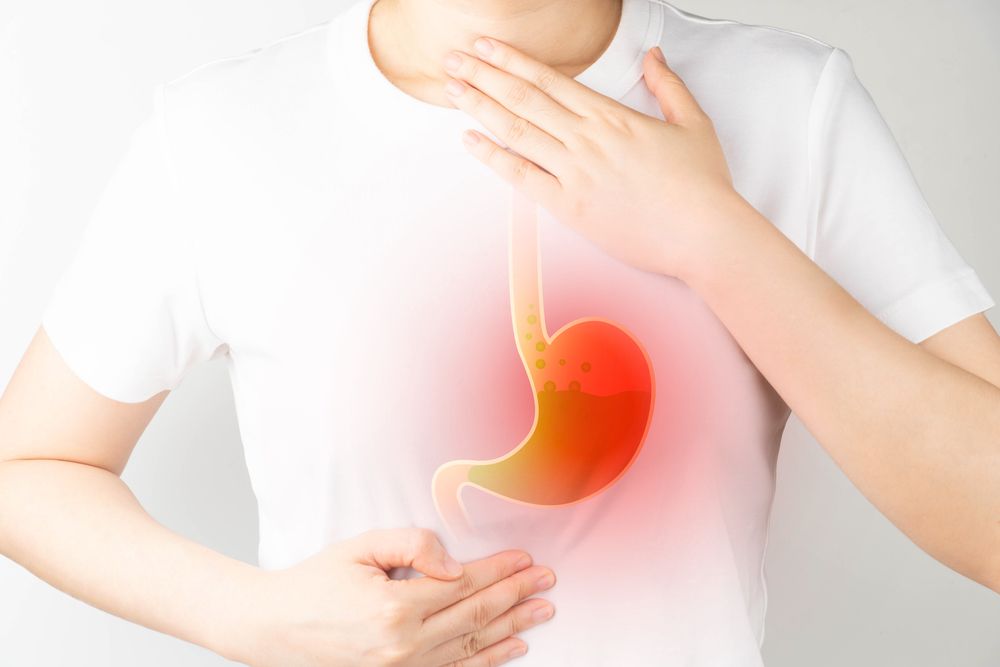Symptoms of functional dyspepsia can be similar to symptoms caused by stomach ulcers, gastritis or acid reflux. They may include bloating, pain in the upper abdomen, nausea and vomiting. If you have these symptoms, make an appointment with your doctor to have them checked out.
Medications that can help with functional dyspepsia are low-dose antidepressants, antacids, proton pump inhibitors (PPIs), and medications to treat H. pylori bacteria in your stomach.
Medication can improve symptoms by reducing the amount of stomach acid produced, or helping your body process the acid more effectively. These drugs can be effective for many people with FD, and are often prescribed by a gastroenterologist or endoscopist, or another physician who specializes in digestive disorders.
Diet can also help with the symptoms of functional dyspepsia. Try to eat smaller, more frequent meals, and avoid large meals or overeating. You should also eat slowly and chew your food thoroughly.
Other ways to improve your symptoms are to relax and reduce stress. This can help you cope with the symptoms and allow you to enjoy your food more. It’s important to talk about your lifestyle, including the foods you eat and your stress levels, with your health care provider.
The first step in diagnosing functional dyspepsia is to rule out any serious underlying problems with your digestive system. This can be done with a series of tests, including x-rays and blood tests.

If the tests show no signs of a problem, your doctor will usually diagnose functional dyspepsia based on the pattern of your symptoms. This can be difficult as symptoms often vary from person to person and are triggered by different factors.
Your doctor will look for symptoms such as bloating, abdominal pain, a feeling of fullness after eating, and nausea and vomiting. They will also check your stools to see if you have abnormalities.
They may ask you to do a self-assessment of your symptoms, and they will be able to offer you advice on what you should do if you have them. They can also recommend medicines and treatments that can be helpful, such as relaxation therapy or stress reduction techniques.
A variety of herbal supplements can also be helpful, as they may help reduce gastrointestinal spasms or increase the ability of your small intestine to empty properly. For example, a blend of peppermint and caraway oils may help.
Other herbs, such as fennel seed extract or caraway seed, can also relieve symptoms by reducing pain. These are available over-the-counter.
Treatment for functional dyspepsia can include a combination of medications, dietary changes and relaxation therapies. For most people, these methods help reduce symptoms and lead to a less stressful life.
The most common cause of functional dyspepsia is a stomach disorder called gastritis. This is a chronic inflammation of the lining of your stomach and small intestine. It can lead to scarring of the lining that makes it hard for the stomach and intestines to move food.









